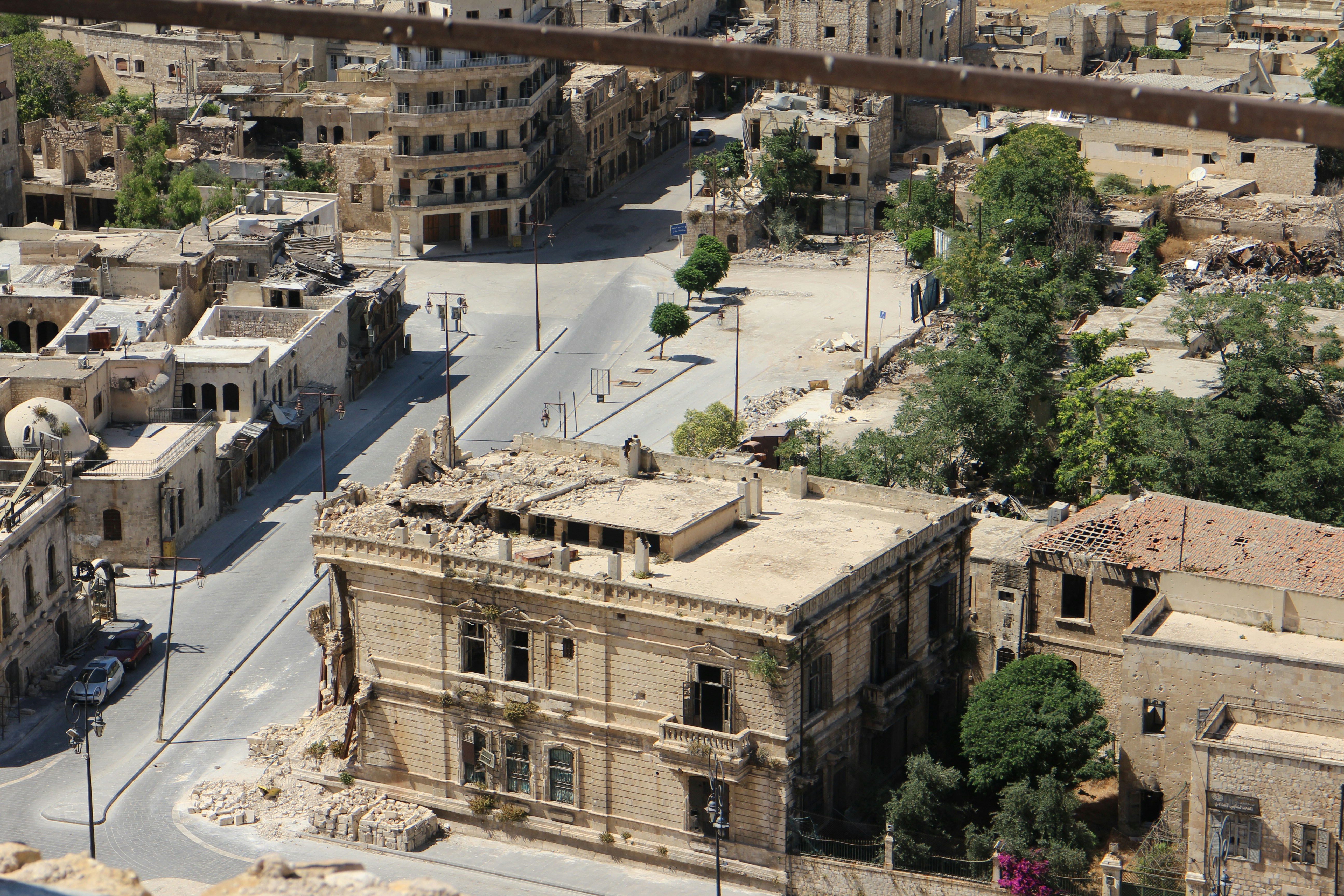Death Toll And Morality: The Ethics Of War In Gaza

The ongoing war between Israel and Hamas in Gaza has sparked intense global debates, not only about the political and military dimensions of the conflict but also about the moral implications of modern warfare. At the heart of this discussion lies the devastating human toll—thousands of civilian deaths, massive displacement, and widespread destruction. Questions about proportionality, intent, and responsibility dominate the discourse. Is the loss of civilian life an unavoidable consequence of war, or could these deaths be mitigated through different military strategies? More importantly, how do the principles of warfare align with ethical considerations?
Civilian Casualties and the Laws of War
International humanitarian law (IHL) provides a framework for evaluating military conduct, emphasizing principles such as proportionality and distinction. According to the Geneva Conventions, military forces must differentiate between combatants and non-combatants, ensuring that attacks are proportionate to the military advantage gained. However, in densely populated areas like Gaza, distinguishing between military and civilian targets becomes increasingly difficult.
Israel argues that its military operations aim to neutralize threats from Hamas while minimizing civilian casualties. However, the sheer scale of destruction and death in Gaza has led critics to question whether Israel adheres to proportionality principles. On the other hand, Hamas has been accused of embedding its military infrastructure within civilian areas, effectively using non-combatants as human shields. This raises legal and ethical dilemmas about responsibility: when civilians are caught in the crossfire, who bears the blame?
The Role of Intent and Responsibility
A crucial factor in ethical debates about war is intent. If civilian deaths are incidental and not the intended outcome of military operations, does this absolve a state or militant group of moral culpability? Israel maintains that it takes extensive measures—such as issuing warnings and evacuation notices—to avoid civilian harm. However, critics argue that when military actions consistently result in mass casualties, intent becomes secondary to outcome.
Hamas, meanwhile, is often accused of deliberately targeting Israeli civilians while also operating from civilian zones in Gaza. Its rocket attacks against Israeli cities are designed to instill fear, while its military infrastructure—allegedly built within hospitals, schools, and residential areas—complicates Israel’s response. This blurring of military and civilian lines fuels the debate over responsibility: should Israel hold back its attacks if Hamas strategically places its weapons among civilians, or does Hamas bear responsibility for the inevitable collateral damage?
Media Narratives and Public Perception
The way civilian casualties are reported plays a significant role in shaping public opinion. Western media outlets often focus on the high Palestinian death toll, framing Israel as the aggressor due to its superior military capabilities. Conversely, Israeli sources highlight Hamas’s tactics and its targeting of civilians, arguing that its actions leave Israel with no choice but to respond forcefully.
Social media has further complicated the debate, with viral images and videos shaping narratives instantaneously. Selective outrage is common, with people often viewing the conflict through the lens of their political and ideological biases. The challenge lies in separating fact from propaganda—understanding not only the numbers but also the context in which civilian deaths occur.
Humanitarian Consequences and Ethical Dilemmas
Beyond the battlefield, the war has left a lasting humanitarian crisis. Gaza’s infrastructure has been decimated, with hospitals overwhelmed and food supplies dwindling. Entire neighborhoods have been reduced to rubble, displacing hundreds of thousands. The international community has struggled to respond effectively—while calls for ceasefires grow louder, there is little consensus on how to achieve a sustainable resolution.
The ethical dilemmas extend to humanitarian aid as well. While countries and organizations attempt to provide relief, there are concerns about aid being diverted by Hamas for military purposes. Meanwhile, Israel faces scrutiny over restrictions on essential supplies entering Gaza. These challenges underscore the broader moral issue: how can the world mitigate civilian suffering while addressing the underlying security threats that perpetuate the conflict?
Conclusion
The war in Gaza is not just a military confrontation but a profound moral crisis. Balancing security with human rights remains an elusive goal, and as civilian casualties mount, the ethical questions surrounding the conflict become even more pressing. Accountability is essential—whether through diplomatic pressure, war crime investigations, or changes in military strategy. Ultimately, any path toward peace must prioritize not just the end of hostilities but also the protection of innocent lives, ensuring that future conflicts do not continue this cycle of devastation and moral ambiguity.
Author: Brett Hurll
The Self-Destructive Nature Of Anti-Tourism Protests: Balancing Resident Concerns With Tourism Benefits
In recent years, anti-tourism protests have become increasingly common across popular tourist destinations. From the Bal... Read more
Military And Strategic Implications Of The Ukrainian Drone Attack In Kursk
On a recent morning, the Kursk region in south-western Russia witnessed an unexpected and significant event: a Ukrainian... Read more
Chinese Tech Stocks Gain Ground Despite Wall Street Technology Sell-Off
Chinese tech shares in Hong Kong gained on Friday, defying a technology stock sell-off on Wall Street, driven by strong ... Read more
Defense Pact Between Britain And Germany: A Focus On Cybersecurity And Joint Operations
In a move set to redefine European defense collaboration, Britain and Germany have signed a comprehensive defense pact a... Read more
US Secret Service Director Steps Down After Trump Assassination Attempt
Security lapses admitted by Kimberly Cheatle prompt resignation.Kimberly Cheatle, the head of the US Secret Service, has... Read more
Kamala Harris Promises A Brighter Future In Official Campaign Launch
In a vibrant and impassioned campaign launch, Vice President Kamala Harris vowed to lead America toward a "brighter futu... Read more

